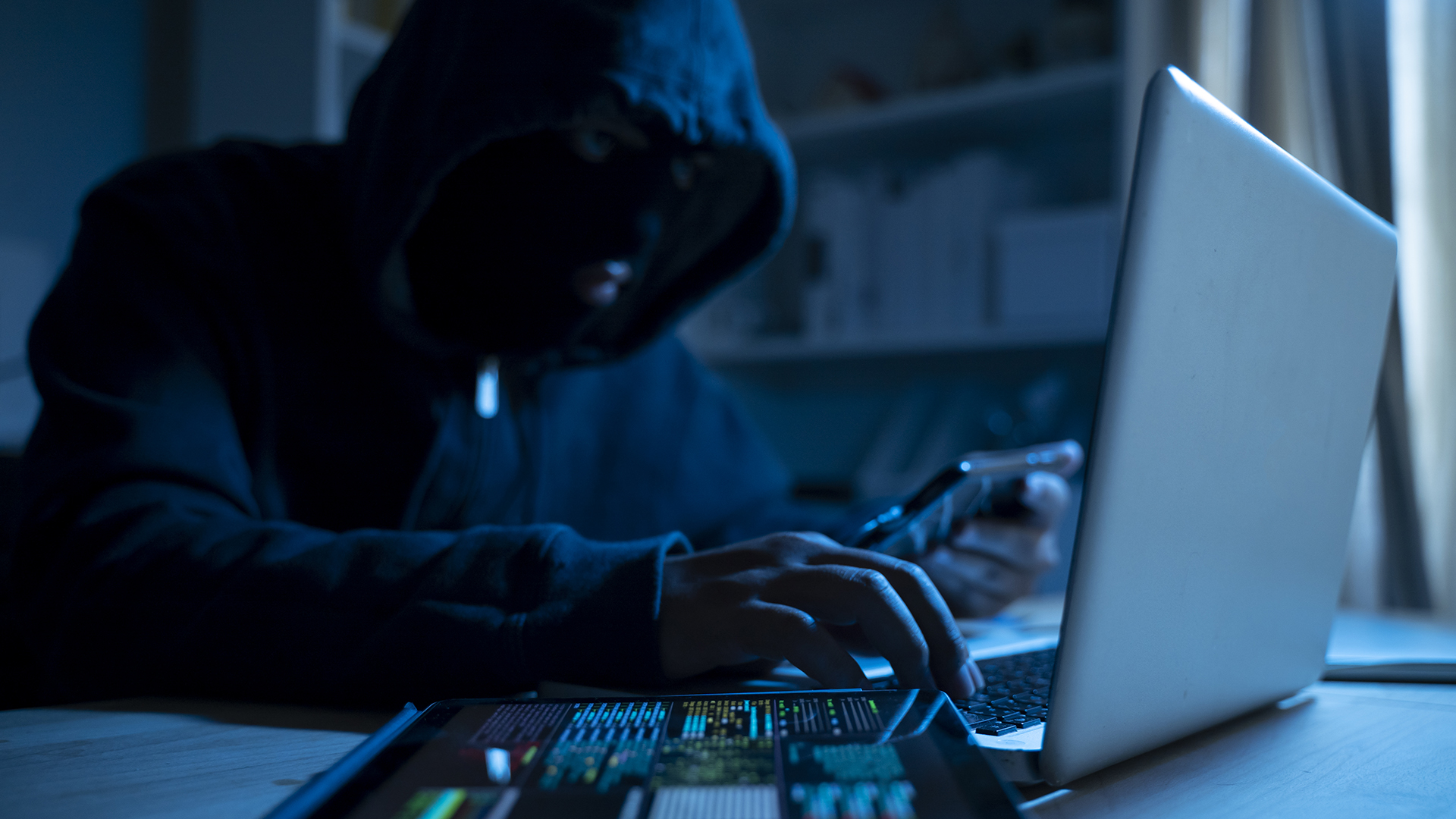OPINION: This article may contain commentary which reflects the author's opinion.
There is now a state in the United States that is on high alert with the war between Russia and Ukraine raging.
The Arizona Department of Homeland Security is on high alert for Russian cyberattacks and the agency’s director, Tim Roemer, said that Arizona’s Cyber Command Center is monitoring the war closely, 3 On Your Side reported.
“We have to be prepared for the worst,” he said. “The worst could be a number of things. If a cyberattack was successful against critical infrastructure, against a pipeline, water, energy sector, you could see those types of services go down in a city, in a county, in a state for any number of hours or even days.”
He said that the cyber attacks could be done by Russia or by hackers in the Putin stronghold.
“I think it’s really important for people to understand that overall the United States is very cyber resilient, and we’re really energy resilient,” he said. “It’s important for people not to panic. We don’t want the consumer response to be worse than the cyberattack or the emergency itself.”
Every month, Arizona faces 5 to 7 million cyberthreats on the state’s network from a variety of actors. Most are thwarted automatically, but approximately 2,000 are considered “advanced threats” and must be investigated by the state. “We’re attacked all day, every day — prior to Russia’s unprovoked action on Ukraine,” Roemer said. “That was happening anyway, so the likelihood of it escalating into something larger is very likely.”
Roemer says it is critical for people to use two-factor authentication and update software to patch vulnerabilities on their devices. Consumers should also avoid clicking on links in emails and text messages from unknown senders.
“These organizations target you in your personal life; they try to get access to certain accounts. They’re hoping you reuse those same passwords for work,” he said. “If you’re the type of person that you work for a financial institution, a healthcare provider, an energy company, now you’ve taken your personal life, and you’ve let it compromise your employer, and possibly the state and the nation, as well. That’s why being vigilant from your personal life all the way to your professional life really can make a difference.”
But it is certainly not only Arizona that has to be concerned about a potential cyber attack.
“I’m getting continuing briefings on the cyber elements of Russia’s attack. This is not something to take lightly — cyber attacks don’t have borders,” Virginia Democrat Sen. Mark R. Warner said.
I’m getting continuing briefings on the cyber elements of Russia’s attack. This is not something to take lightly — cyber attacks don’t have borders. https://t.co/38mTSfLFda
— Mark Warner (@MarkWarner) February 24, 2022
“I remain particularly concerned about the reports of cyber attacks…There’s historical precedent to suggest these could be devastating for individuals, businesses, and entire countries,” he said.
I remain particularly concerned about the reports of cyber attacks and the way the international community could be at risk. There’s historical precedent to suggest these could be devastating for individuals, businesses, and entire countries.
— Mark Warner (@MarkWarner) February 25, 2022
“I’m in constant contact with the leaders of the intelligence community and will keep getting briefed on this. The United States stands with the people of Ukraine and remains committed to protecting their sovereignty – @POTUS did the right thing extending humanitarian aid,” he said.
I'm in constant contact with the leaders of the intelligence community and will keep getting briefed on this. The United States stands with the people of Ukraine and remains committed to protecting their sovereignty – @POTUS did the right thing extending humanitarian aid.
— Mark Warner (@MarkWarner) February 25, 2022
But Russia is not the only nation that can engage in cyber attacks. President Joe Biden, this week, was presented with possible cyber attacks the United States could hit Russia with, NBC News reported.
“You could do everything from slow the trains down to have them fall off the tracks,” a person with knowledge of the briefing said.
The sources said the options presented include pre-emptive responses to Russia’s invasion of Ukraine, irrespective of whether Russian launches its own cyberattacks on the U.S. in retaliation for sanctions. They said most of the potential cyberattacks under consideration are designed to disrupt but not destroy, and therefore fall short of an act of war by the United States against Russia. They say the idea is to harm networks, not people. Officials are debating the legal authorities under which the attacks would take place — whether they would be covert action or clandestine military activity. Either way, the U.S. would not publicly acknowledge carrying out the operations, the sources say. U.S. Cyber Command, the National Security Agency, the CIA and other agencies would have a role to play in the operations, the sources said.
